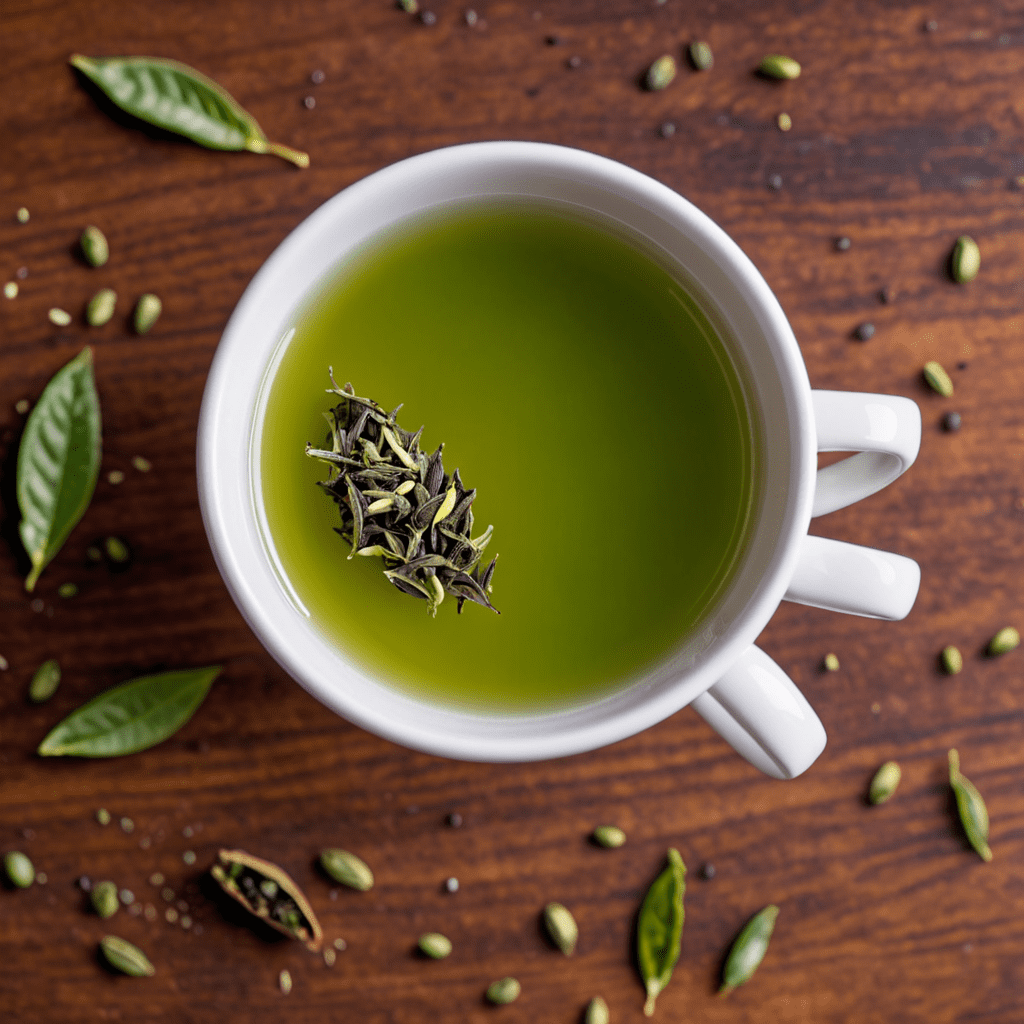The Ultimate Guide to Unveiling Caffeine Content in Green Tea Bags
Green tea is renowned for its numerous health benefits and is a popular choice for those seeking a natural energy boost. One of the key components contributing to this energy-enhancing effect is caffeine. If you’re curious about the caffeine content in a green tea bag, you’ve come to the right place. This comprehensive guide aims to provide valuable insights into the caffeine levels found in green tea bags, helping you make informed choices when selecting your daily brew.
Understanding Caffeine in Green Tea
Caffeine is a natural stimulant that is found in various plant sources, including tea leaves. In green tea, the caffeine content can vary based on factors such as the specific type of green tea and the brewing method. The caffeine in green tea acts as a mild stimulant, offering a gentle energy lift without the jittery effects often associated with higher caffeine sources.
Measuring Caffeine Levels in Green Tea Bags
The level of caffeine in a green tea bag can depend on several factors, including the type of tea leaves used and the processing method. On average, a standard green tea bag contains between 15 to 30 milligrams of caffeine. However, it’s important to note that these levels can fluctuate based on the brand and the specific green tea variety.
Factors Affecting Caffeine Content
The caffeine content in green tea can be influenced by various factors, including the growing conditions of the tea plants, the time of harvest, and the processing techniques employed. Additionally, the size and quality of the tea leaves used in the green tea bags can also impact the final caffeine levels. Generally, younger tea leaves tend to contain higher caffeine levels compared to older leaves.
Understanding the Impact of Brewing Techniques
The way green tea is brewed can also affect the caffeine content in the resulting beverage. Steeping the tea for longer periods or using higher water temperatures can lead to an increased release of caffeine from the tea leaves. Conversely, shorter brewing times and lower water temperatures may result in a milder caffeine content.
Health Considerations and Caffeine Sensitivity
For individuals who are sensitive to caffeine or who are monitoring their overall caffeine intake, understanding the caffeine content in green tea is crucial. While green tea typically contains less caffeine than coffee, it’s important to be mindful of potential side effects such as increased heart rate, restlessness, or disrupted sleep patterns if consumed in large quantities.
FAQ: Exploring Common Queries
Q: Are there caffeine-free green tea options available?
A: Yes, there are decaffeinated green tea products available for those seeking a caffeine-free option. These undergo a process to remove most of the caffeine while retaining the beneficial compounds found in green tea.
Q: How does caffeine in green tea compare to other caffeinated beverages?
A: Generally, green tea contains less caffeine compared to coffee and some types of black tea. This makes green tea a popular choice for individuals seeking a milder caffeine boost.
Q: Can the caffeine content in green tea vary from brand to brand?
A: Yes, the caffeine levels in green tea can vary based on the specific brand and the processing methods used. It’s advisable to check product labels or conduct research on individual brands for more detailed information.
In conclusion, understanding the caffeine content in green tea bags is essential for making informed choices about your tea consumption. By considering factors such as brewing techniques, tea varieties, and personal caffeine sensitivity, you can tailor your green tea experience to suit your individual preferences and health needs. Whether you’re enjoying a calming cup of green tea in the morning or seeking a mid-afternoon pick-me-up, the caffeine content in green tea can offer a gentle boost to support your daily routine.



